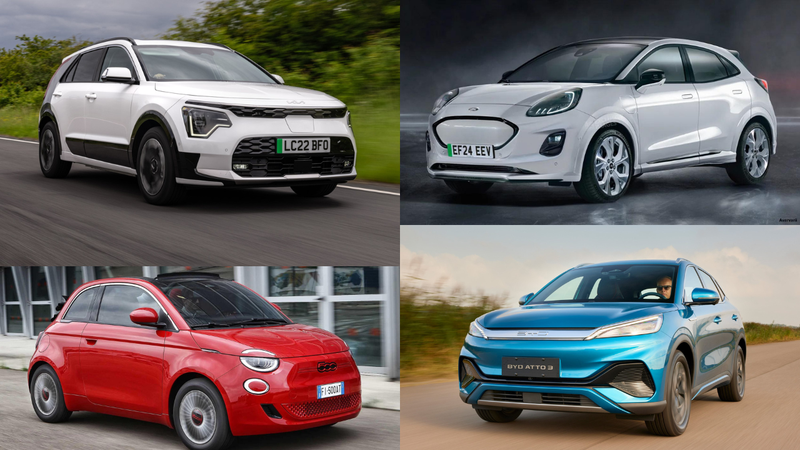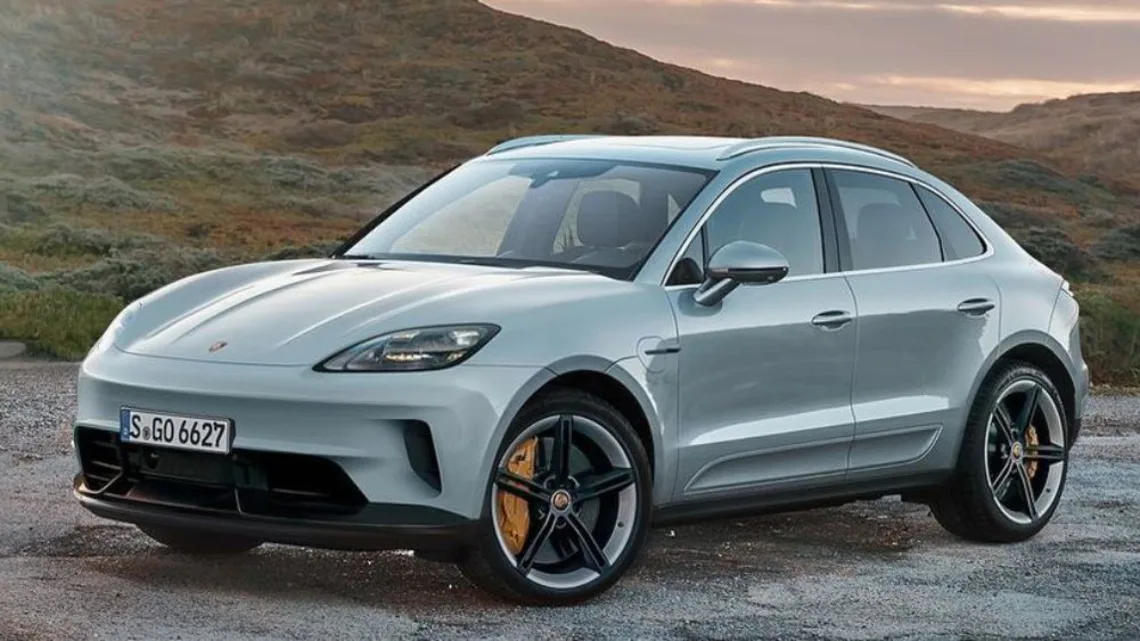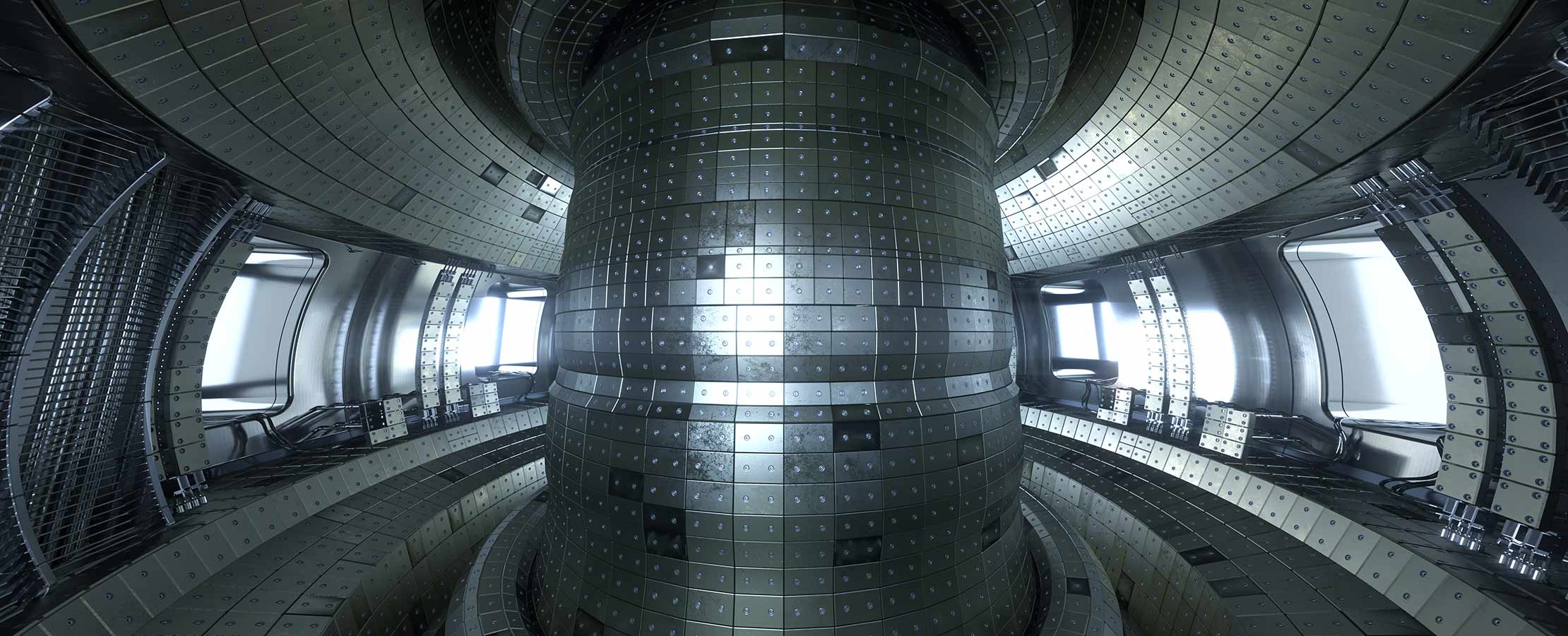
This weeks latest EV news 12-12-2022
Honda Type R models to continue into electrification

Manufacturer Honda is set to continue the hot-hatch Type R range even with internal combustion vehicle production coming to an end circa 2030. This is exciting news for Type R fans, as this shows the model will be evolving into hybrid or fully electric EV territory, ultimately offering more efficiency and other upgraded features going forward. Honda has set its sights on dominating the electric vehicle market, much like many major manufacturers, though the Type R offers something different by being a familiar face adapted into an EV. Honda design engineer Kakinuma stated a Type R isn't really about having a petrol engine as an electric or hybrid car can still earn that badge as long as it's fun to drive.
There has also been speculation about future Type R models featuring the new concept of a solid-state battery. Though this hasn't been confirmed, it is an interesting idea, as this would make the Honda Type R not only much more efficient between charging cycles, but the idea would also mean the battery lasts a lot longer. The main factor in this concept would be the price of the solid-state batteries compared to the price of the Honda Type R. This would almost certainly be a challenge for Honda to make this feasible and competitively priced in the EV market.
A battery technology breakthrough could supercharge the EV industry
Recent reports of research from Australian and Japanese scientists have concluded a breakthrough in the manufacture of solid-state batteries that have a rapid recharge rate without damaging electrodes or storage capacity. The breakthrough comes from a team led by Professor Naoaki Yabucchi of Yokohama National University in Japan, where a new positive material electrode was produced in combination with a better solid electrolyte and negative electrode. This not only has benefits improving practicality for electric vehicles but also safety.

This breakthrough has shown results, meaning that through over 400 cycles, there is a clear indication of superior performance with this advanced material design in comparison to the previous solid-state cell concepts and layered materials. The results have illustrated that it may be possible to charge an EV in under 10 minutes, with design and development set to be the next steps. This reduction in charging time and efficiency through cycles looks to be one of the greatest breakthroughs in the EV industry. This is all whilst presently there is a battle between petrol/ diesel fuelled ICE and electric vehicles affordability and running/ charging costs.
The new all-electric Porsche Macan boasts 600bhp

Porsche has certainly upped their EV intentions with the new all-electric Porsche Macan. This will be the second electric car, following the Taycan, in this new prime EV range. Porsche will still sell internal combustion engine (ICE) variants alongside the full-electric Macan, though they will slowly be phased out going forward. Developed together with Audi, the new Macan will have an 800 volt electric system, similar to the Taycan EV, that will allow it to charge via its advanced charging architecture at a maximum of 270kW, kW. Impressive!
The new charging management system is set to optimise charging times, with a 5-80% charge taking under 25 minutes. Range capacity will also be significantly better than the Taycan GTS model, which can achieve around 280 miles. Said to have a 100kW battery, range capacity for the Macan has not yet been confirmed though. as of 2030.

The Macan model is set to launch in 2024 and will share the same electrically powered system as the Audi A6 e-tron will use in the future. The design is set to remove the front grill, as EV models don't require constant airflow, and will also incorporate thinner headlamps to produce a more contemporary design. The Macan is also set to have a shorter roofline, making it more like a coupé. This new model is set to rival other EV manufacturers such as Tesla, Ford, and Hummer EV.
Though, there hasn't been a specific mention of the Macan's drive train, its quite possible the EV will be offered in both rear-wheel and all-wheel drive like many other electric vehicle manufactures. It will include development from the Premium Platform Electric architecture, which is already included in the VW Group's models and Audi's, and which can be adapted to suit the vehicles' requirements.
Advancements in Nuclear Fusion might supercharge electric vehicle charging

As we are moving towards Net Zero emissions and more sustainable living, the task of generating electricity in a clean process has been a challenge for some time. The time spent charging an electric vehicle could be shaved by more than two-thirds thanks to fusion-related technology. The recent breakthrough of scientists discovering a method of nuclear fusion energy generation may well have just solved the issue of energy availability and charging.
This breakthrough is set to be valued in the industry at $40 trillion dollars, not only for potentially solving energy generation but also for solving the question of electric vehicle charging resources and facilitating a far quicker transition from petrol and diesel vehicles. Scientists have reported to have achieved a net energy gain in Fusion tests, this was before only ever seen as a net loss with energy input exceeding energy output. The possibilities of this advancement and discovery could be unimaginable going forward, though this still remains a fairly dangerous process. The next steps would be to simplify and replicate this method safely.
Upgraded battery range for Hyundai and Kia vehicles

Hyundai said recently that the driving range for their electric vehicles would increase by around 30 percent within the next few years. The first improvements follow a change with Hyundai's E-GMP (Electric Global Modular Platform), meaning much better range and performance on future models. Hyundai has invested millions into electric vehicle production, this looks to be the manufacturer's next step to be more competitive with better range and performance in the busy EV market against other brands.
Following competitiveness against improving EV models with other manufacturers Hyundai have presented a hardware upgrade to a traction inverter that is set to enable a range boost of around five percent in some of Hyundai's models. The new ioniq 5 model also reports having five to six percent more range due to an upgraded battery pack, meaning better economy between charges.

Back to the Hyundai EV E-GMP, this is set to receive a modular upgrade to offer superiority with better range, performance, and charging speeds. Currently only four models are based on the E-GMP, this advancement will replace the silicone power module that's currently incorporated with a third generation silicone carbide unit.
In an interview in 2021, Hyundai's head of electrification reported an upgrade for the rear motor with a next-gen power semiconductor with silicone carbide that led to a five-percent range increase and a 20 percent increase in electric charging speed. This upgrade means only all-wheel drive variants will benefit from it, including the Hyundai ioniq 5, ioniq 6, Kia EV6, and Genesis GV60, adding an average of 13 miles extra per charge.
The benefits of Hyundai's and KIA's better charging speeds would be in conjunction with the specific EV charger being used. This would be seen when using a 800 volt capacity charger, most commonly seen at public service stations, etc. When charging at home at around 400 volts, these differences won't be seen, though as infrastructure grows, higher voltage chargers should be more widely seen.